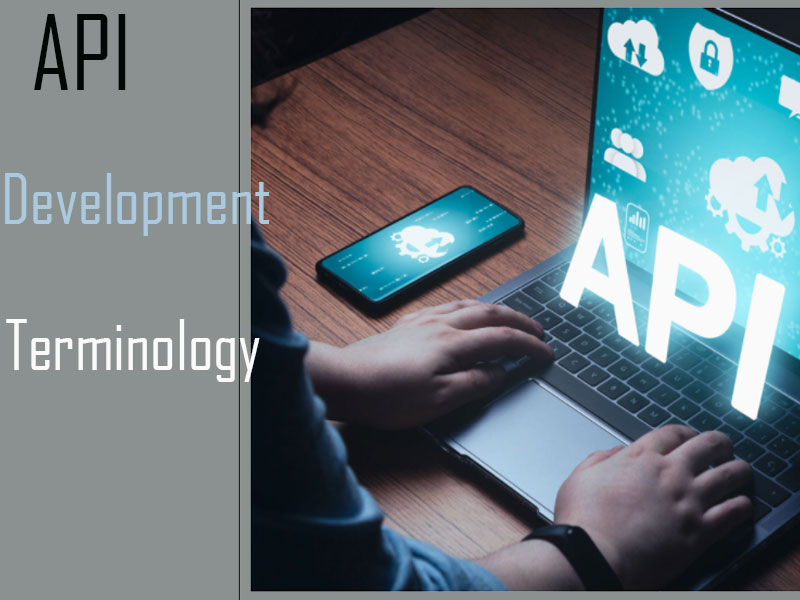API development refers to the process of creating Application Programming Interfaces (APIs) that enable communication and data exchange between different software systems, applications, or devices.
An API acts as an intermediary layer between software components, allowing them to interact with each other without needing to know the underlying implementation details. APIs define a set of rules and protocols that specify how different software components can communicate with each other, what data formats to use, and what actions are allowed.
API development involves designing, developing, testing, documenting, and maintaining APIs. The API development process involves defining the API’s functionality, creating the API specification, implementing the API, testing the API, and providing documentation for developers who want to use the API.
APIs can be used to integrate different software systems, automate business processes, provide access to data, and enable third-party developers to build new applications on top of existing systems. As a result, API development is a critical aspect of modern software development and plays an essential role in building scalable, flexible, and interconnected software systems.
Type of APIs for website and mobile apps
RESTful APIs
REST (Representational State Transfer) is a popular architectural style for building web services that are scalable, reliable, and easy to maintain. RESTful APIs are a type of web API that conform to the REST architecture, using standard HTTP methods (such as GET, POST, PUT, and DELETE) to interact with resources on a web server.
GraphQL APIs
GraphQL is a modern query language for APIs that provides a flexible and efficient way to retrieve and manipulate data from a server. GraphQL APIs allow clients to specify exactly what data they need, reducing the amount of data transferred over the network and improving performance.
SOAP APIs
SOAP (Simple Object Access Protocol) is a messaging protocol for exchanging structured data between web services. SOAP APIs are a type of web API that use XML as the message format and provide features such as encryption, authentication, and transaction support.
JSON-RPC APIs
JSON-RPC (Remote Procedure Call) is a lightweight protocol for calling functions on a remote server using JSON (JavaScript Object Notation) as the message format. JSON-RPC APIs are a type of web API that are simple to use and provide efficient data transfer.
Custom APIs
Custom APIs are developed using custom protocols or formats that are specific to a particular application or system. Custom APIs can be used to provide specialized functionality that is not available through standard web APIs. However, they may be less interoperable and harder to maintain than standard APIs.
When building mobile apps, APIs can be used to retrieve data from a server, authenticate users, and perform other backend operations. Similarly, APIs can be used to integrate different components of a website, such as data sources, third-party services, and user interfaces.
Types of Integration for AI Models
API-based integration
This involves exposing the AI model as an API that can be accessed by other software applications or systems. This type of integration is commonly used for integrating AI models with web or mobile applications.
Library-based integration
This involves embedding the AI model within a software library that can be called by other applications or systems. This type of integration is commonly used for integrating AI models with desktop or server-based software applications.
Cloud-based integration
This involves deploying the AI model on a cloud platform and exposing it as a service that can be accessed by other applications or systems. This type of integration is commonly used for integrating AI models with web or mobile applications, as well as with other cloud-based services.
Embedded integration
This involves embedding the AI model within a hardware device, such as a sensor or a camera, and using it to provide intelligent capabilities to the device. This type of integration is commonly used for building intelligent IoT devices.
Federated integration
This involves training and deploying the AI model across multiple distributed systems, such as edge devices, cloud platforms, or other remote servers, and coordinating their interactions to provide intelligent capabilities to the overall system. This type of integration is commonly used for building large-scale intelligent systems, such as autonomous vehicles or smart cities.
Conclusion
In conclusion, API development is a critical aspect of modern software development, enabling communication and data exchange between different software systems, applications, or devices. There are several types of APIs that are commonly used for websites and mobile apps, including RESTful APIs, GraphQL APIs, SOAP APIs, JSON-RPC APIs, and Custom APIs. On the other hand, AI models can be integrated with software systems using various methods, such as API-based integration, library-based integration, cloud-based integration, embedded integration, and federated integration. Choosing the right type of integration and API for a specific use case depends on the system architecture, performance requirements, scalability, security, and other factors.


